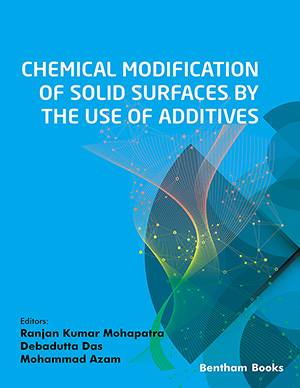Abstract
Background: Pyrazoles are useful intermediates in pharmaceutical, agrochemical, photographic and other fields. Pyrazole nucleus has been reported to possess a wide spectrum of biological properties such as anti-inflammatory, anti-depressant, anti-bacterial, anti-tumor, anti-microbial, anti-viral, anti-fungal and anti-filarial agent. The aims of this paper to introduce readers the polyvinylsulfonic acid (PVSA) as a new catalytic system for the synthesis of pyrazoles. The PVSA was found to be an inexpensive, stable, easy to handle and biodegradable catalyst.
Methods: The catalyst is well characterized using various techniques such as IR, XRD and DSC. All products were characterised using melting point, GC-MS, 1H and 13C NMR techniques.
Results: The various acidic catalysts were compared with PVSA under optimized reaction condition and it was found that PVSA giving better yield of desired product. Different reaction parameters such as solvent, temperature, time, and substrate were studied to achieve optimal catalyst performance using PVSA as a catalytic system.
Conclusion: We have described PVSA as a novel Bronsted acid catalyst for the synthesis of pyrazoles. The catalyst was isolated by simple filtration process and recycled up to four cycles providing the excellent yield of the pyrazole derivatives.
Keywords: Pyrazole, catalysis, hydrazine, polyvinylsulfonic acid (PVSA), 1, 3-diketone; recycle.
Graphical Abstract











